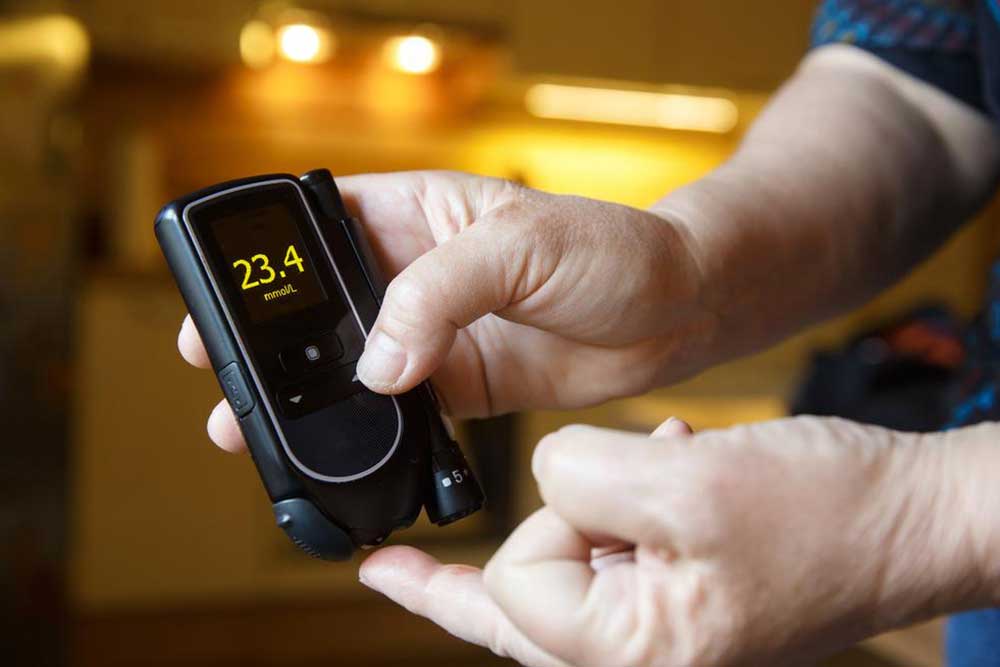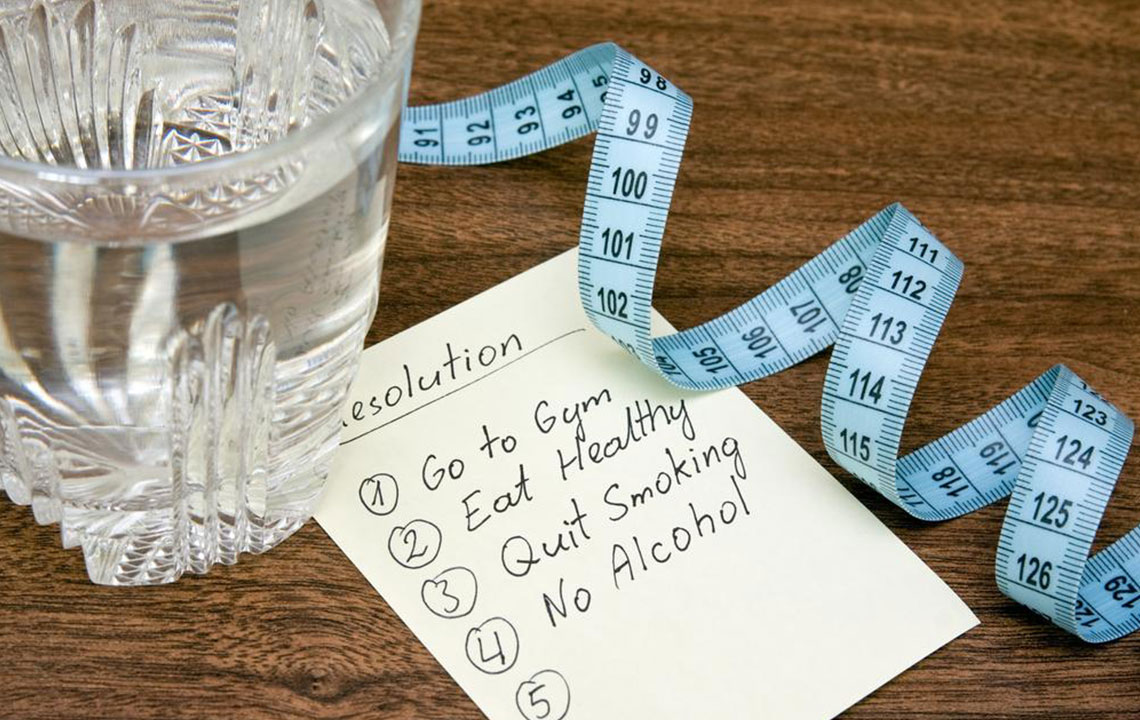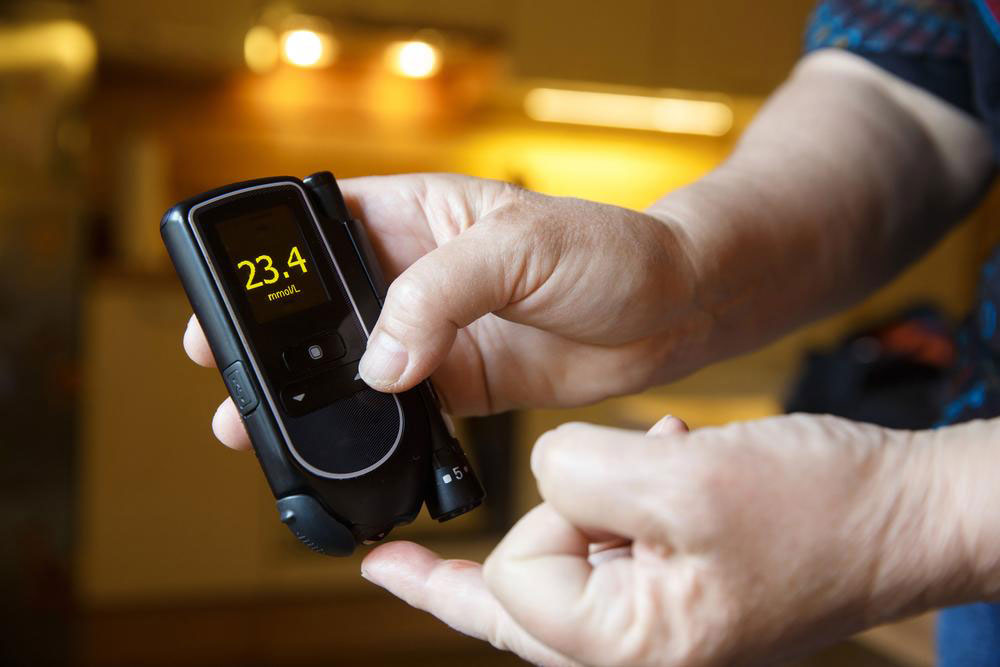Comprehensive Guide to Recognizing the 7 Early Warning Signs of Diabetes
This comprehensive guide delves into the top early warning signs of diabetes, emphasizing the importance of early detection. It covers symptoms such as persistent fatigue, frequent urination, dry mouth, yeast infections, slow wound healing, unexplained weight loss, and nausea. Recognizing these signs allows for timely medical diagnosis and intervention, which are crucial for preventing serious complications. The article provides practical advice on when to seek medical help and how lifestyle changes can help manage the condition effectively, improving quality of life for those at risk.

Comprehensive Guide to Recognizing the 7 Early Warning Signs of Diabetes
Diabetes mellitus has become one of the most prevalent chronic health conditions globally, affecting millions of individuals across different age groups. It arises when the body either fails to produce enough insulin or becomes resistant to insulin's effects, leading to elevated blood sugar levels. Insulin is a crucial hormone that facilitates the uptake of glucose into cells for energy. When its function is compromised, blood glucose can build up in the bloodstream, resulting in a range of health problems if not detected early.
Identifying the early signs of diabetes is vital for timely medical intervention. Early detection not only helps in managing the disease effectively but also prevents the development of severe complications such as cardiovascular disease, nerve damage, kidney failure, and vision problems. Many initial symptoms are subtle and can be mistaken for ordinary fatigue or stress, making awareness and understanding essential for early diagnosis.
Persistent Fatigue and Increased Hunger
One of the hallmark early indicators of diabetes is a constant feeling of exhaustion coupled with a spike in hunger. Normally, the food we eat is broken down into glucose, which serves as the body's primary energy source. Insulin plays a pivotal role in helping cells absorb glucose to produce energy. However, in diabetics, either insulin production is insufficient, or the body's cells become resistant to insulin. This impedes glucose uptake, leading to energy deficits in cells. As a result, individuals often feel unusually tired despite adequate rest and may experience heightened hunger as the body signals for more fuel to compensate for the energy shortfall.
Frequent Urination
In a healthy individual, the kidneys reabsorb glucose during filtration, so urine usually contains little to no glucose. In diabetes, excess blood glucose levels surpass the kidneys' reabsorption capacity, leading to glucose spilling into the urine, a condition known as glucosuria. The presence of excess glucose in urine draws additional water along with it via osmotic diuresis, causing increased urine production. This frequently results in the need to urinate four to seven times a day, which can lead to dehydration, dry mouth, and intense thirst. If you notice an unusual increase in urination, it could be an early sign of sugar imbalance in the body.
Dry Mouth and Itchy Skin
As the body attempts to rid itself of excess glucose through urine, it loses vital fluids. This process results in dehydration, manifesting as a persistently dry mouth and itchy, irritated skin. Dehydration can also lead to discomfort, headaches, and further complications if not addressed promptly.
Yeast Infections
Elevated blood glucose levels create an environment conducive to yeast overgrowth, particularly in warm, moist areas of the body. Such infections commonly appear between toes and fingers, under the breasts, or in the genital area. Yeast infections serve as an early warning sign and should not be overlooked, especially if recurrent or persistent, as they often indicate poorly controlled blood sugar levels.
Slow Healing of Wounds
High blood sugar levels impair proper blood circulation and nerve function, both of which are essential for tissue repair and healing. Patients with early diabetes may notice that cuts, bruises, or sores take longer than usual to heal. This delayed healing can also increase susceptibility to infections and indicate underlying metabolic issues that require medical attention.
Unexplained Weight Loss
Sudden weight loss without changes in diet or lifestyle can be an alarming early sign of diabetes. When cells are unable to absorb glucose due to insulin resistance, the body begins to burn stored fats and muscles for energy instead. This breakdown results in rapid, unexplained weight reduction, which can be mistaken for other health issues but is often linked directly to blood sugar abnormalities.
Nausea and Vomiting
These symptoms occur when the body produces ketones—by-products of fat breakdown—which can lead to a dangerous condition called diabetic ketoacidosis (DKA). DKA is more common in Type 1 diabetes and requires immediate emergency treatment. Symptoms such as nausea, vomiting, abdominal pain, and rapid breathing should prompt urgent medical evaluation.
When should you see a doctor?
Anyone experiencing these symptoms, especially individuals over 45 or those with a family history of diabetes, should seek medical advice promptly. Early diagnosis through blood tests like fasting glucose, HbA1c, or oral glucose tolerance tests can prevent severe complications related to uncontrolled diabetes, including heart disease, nerve damage, kidney failure, and eye problems. Timely intervention can significantly improve quality of life.
Effective management of diabetes revolves around lifestyle adjustments including adopting a healthy diet rich in fiber and low in processed sugars, engaging in regular physical activity, managing stress levels, and avoiding smoking and excessive alcohol consumption. When detected early, diabetes can often be controlled effectively, reducing the risks of long-term health issues and enhancing overall well-being.





